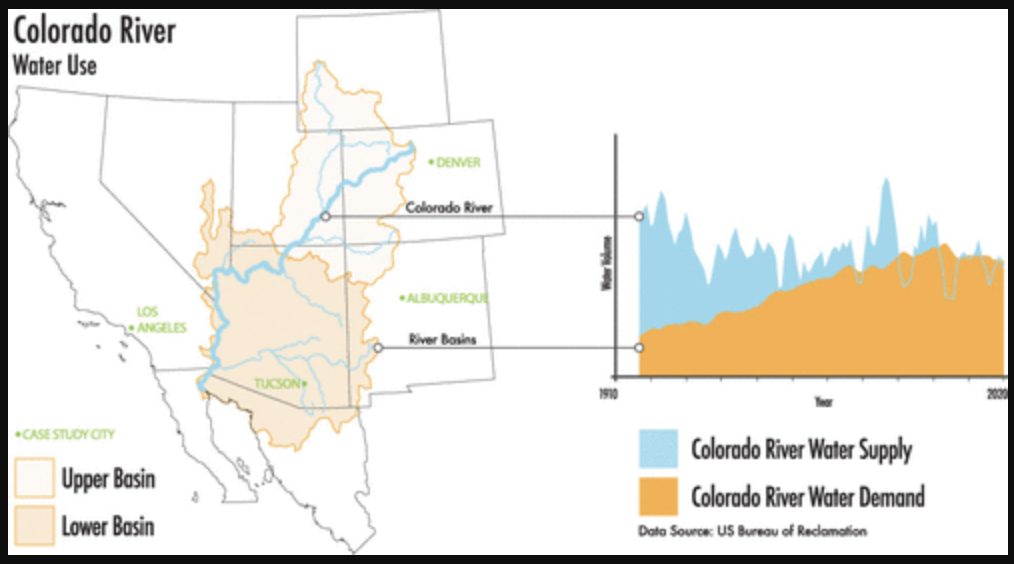
air, food & water, energy & technology, environmental justice
Stephanie Pincetl Co-Authors Research on Net Zero Urban Water
Founding Director of the California Center for Sustainable Communities and Chair of UCLA’s Environment and Sustainability Ph.D. program Dr. Stephanie Pincetl co-authored a study, “Advancing a Net Zero Urban Water Future in the United States Southwest.” Published in ACS ES&T Water, the research examines the feasibility of Net Zero Urban Water (NZUW) — cities becoming self-sufficient with local water sources. This is crucial for the water-stressed US Southwest, where the Colorado River can’t meet the demands of 40 million residents.
The National Science Foundation-backed research identifies key policy challenges for a successful NZUW transition:
- Accounting for Water: Regulations and water rights hinder utilizing alternative sources like rainwater, stormwater and recycled water. A better understanding of surface and groundwater connections is needed.
- Planning and Design: Improved water demand forecasting is crucial due to climate change. Evaluating costs and benefits of various water sources is essential.
- Monitoring and Enforcement: Consistent data collection and funding are needed to track progress and enforce regulations.
- Collaboration: Cooperation between agencies and sectors is vital for successful implementation.
- Equity and Affordability: Ensuring consistent water quality and affordability for all residents is critical to avoid worsening existing water inequities.

The study examines four cities — Albuquerque, Denver, Los Angeles and Tucson — to understand how these challenges play out in different contexts. The research concludes that overcoming these governance and policy hurdles is essential for southwestern cities to achieve a sustainable water future.
Dr. Pincetl studies how policies and regulations affect how cities use resources like water and energy. She focuses on fairness and developing solutions that minimize environmental damage while ensuring everyone benefits. Her expertise lies in bringing together scientists, engineers and social scientists to tackle complex urban environmental challenges.
